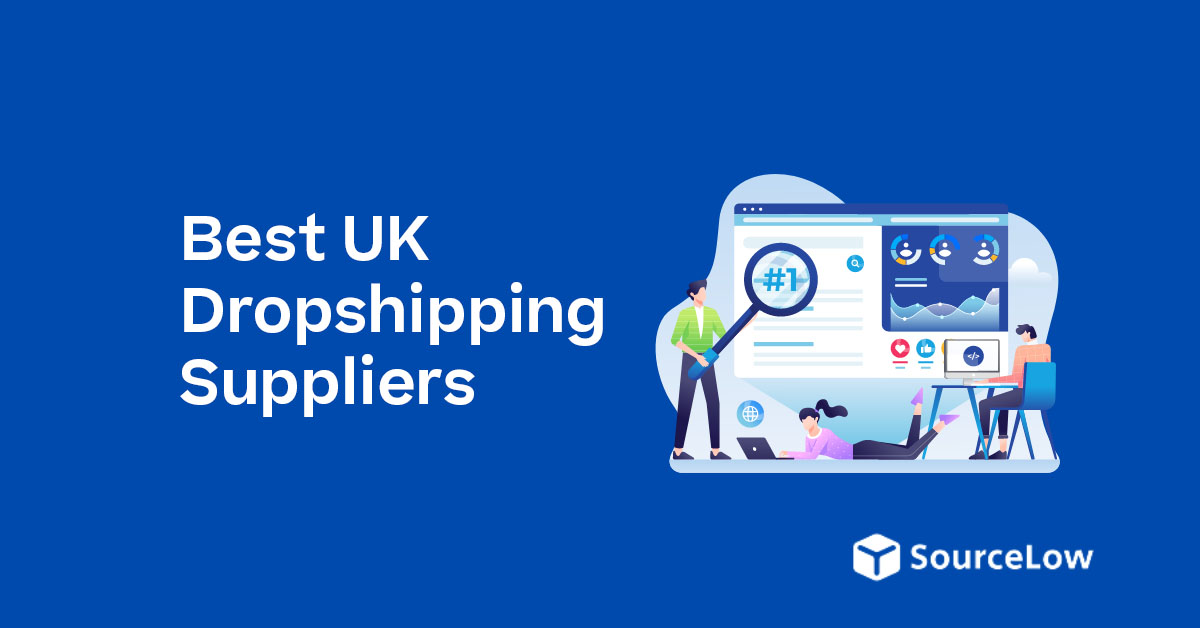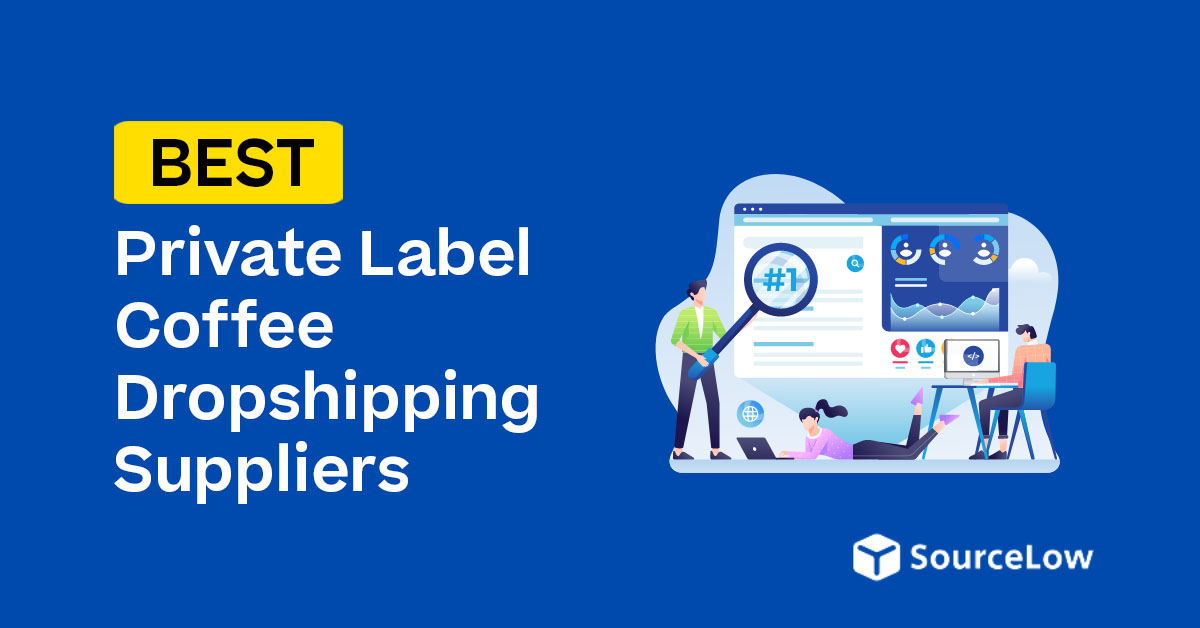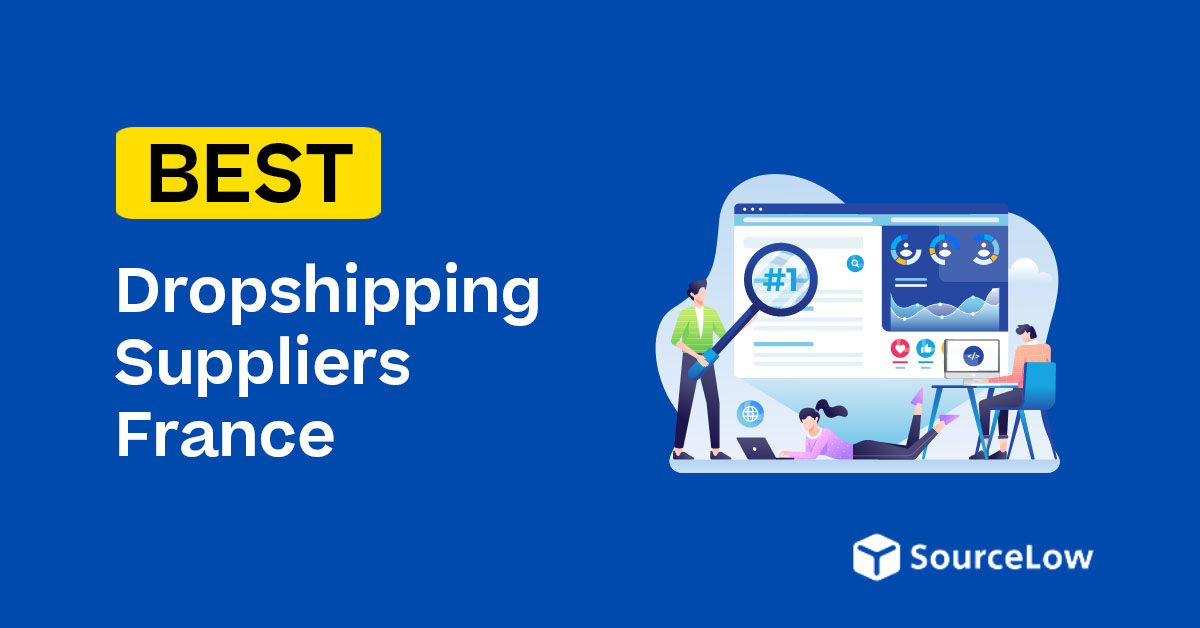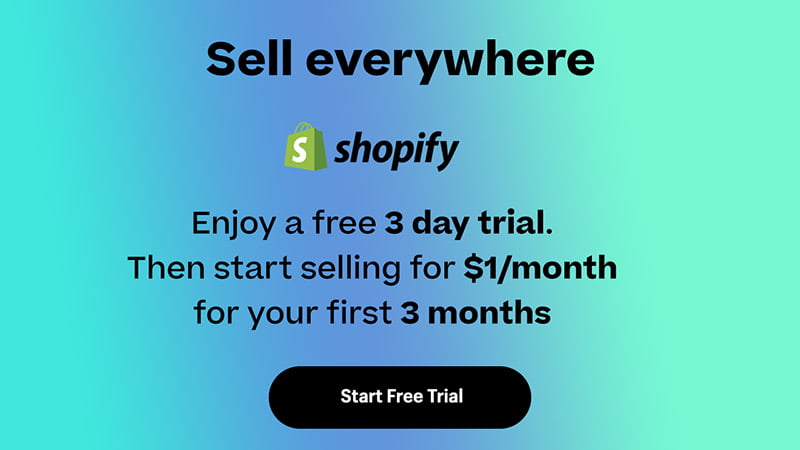Disclosure: We may earn a commission or fee from some of the links in our content. However, this does not affect our recommendations. Learn more.
Printful and Apliiq are two major players in the print-on-demand space — but which one actually gives your brand the edge?
I’ve spent weeks testing both platforms hands-on, from product quality and branding features to fulfilment speeds and profit margins.
After putting them head-to-head, Apliiq comes out on top for building a high-end clothing brand — while Printful is the better pick for quick launches and broad ecommerce reach.
Quick Verdict: Printful vs Apliiq
After working with both Printful and Apliiq, I can confidently say this:
- Printful is the best choice if you want a plug-and-play print-on-demand solution that’s scalable and integrates easily with major ecommerce platforms.
- Apliiq is unbeatable if you’re trying to build a high-end clothing brand with custom labels, embroidery, and true private-label streetwear aesthetics.
My recommendation?
Use Printful if you’re testing product ideas, running general ecommerce, or want a wider global reach.
Use Apliiq if your focus is on branding, streetwear, or fashion-first ecommerce.
1. Customisation & Branding Options
This is where Apliiq crushes most of the print-on-demand industry.
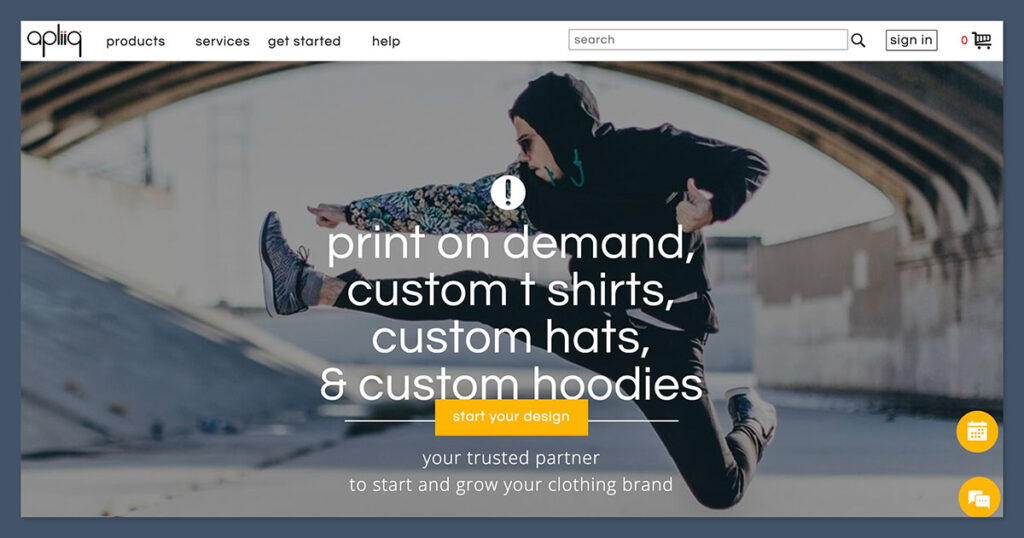
With Apliiq, I was able to:
- Add custom inside neck labels, woven labels, and embroidered logos
- Create fully branded garments, not just printed t-shirts
- Use options like patches, fabric sewn tags, and trims that would normally require a factory-level setup
It genuinely felt like I was working with a fashion production team — not just an app. Every detail felt intentional.
I could choose where labels went, pick from different types of stitching, and even customise the fabric feel on some pieces. It’s more than printing — it’s real product design.
They’ve clearly built Apliiq around fashion entrepreneurs who want full control of their brand.
If you’re building something that looks like it belongs in a premium streetwear store or on a curated Instagram feed, this platform gives you the toolkit to pull it off.
Printful, by comparison, feels more hands-off — and that’s not necessarily a bad thing.
It’s built for speed, simplicity, and scale. You do get some solid branding features:
- Inside label printing (only on specific products)
- Branded packing slips with your store name
- Basic embroidery options for hats, hoodies, and polos
But it stops there. There are no woven labels, no sew-on patches, no trims or tag placement options.
It’s geared more towards efficiency than deep customisation.
That’s not a knock on Printful — I’ve used it successfully on dozens of stores. But if you’re trying to build a high-end apparel line, your customisation options hit a wall pretty quickly.
Here’s how they stack up side by side:
| Branding Feature | Apliiq | Printful |
|---|---|---|
| Inside Labels | ✅ Yes | ✅ Yes (limited) |
| Woven Labels | ✅ Yes | ❌ No |
| Embroidery Options | ✅ Advanced | ✅ Basic |
| Sewn-On Patches | ✅ Yes | ❌ No |
| Custom Packing Slips | ✅ Yes | ✅ Yes |
| Branding Across Products | ✅ Full Coverage | ⚠️ Limited |
Another thing I appreciated about Apliiq was the flexibility. You don’t need to be a massive brand to start using these features.
Even small batch orders can come fully customised — which is rare in POD.
With Printful, your brand is layered on top of their catalogue. With Apliiq, your brand is built into the product.
Verdict: Apliiq Wins
If you’re serious about branding and want to launch a real clothing line, Apliiq is the go-to.
Printful’s branding is solid but basic — ideal for general ecommerce, but not built for fashion-focused entrepreneurs.
2. Product Quality & Range
Here’s where it gets interesting.
Both platforms offer a wide range of products, but they cater to different markets — and they do it with completely different philosophies.
Printful offers over 300 products — from mugs to t-shirts to yoga mats.
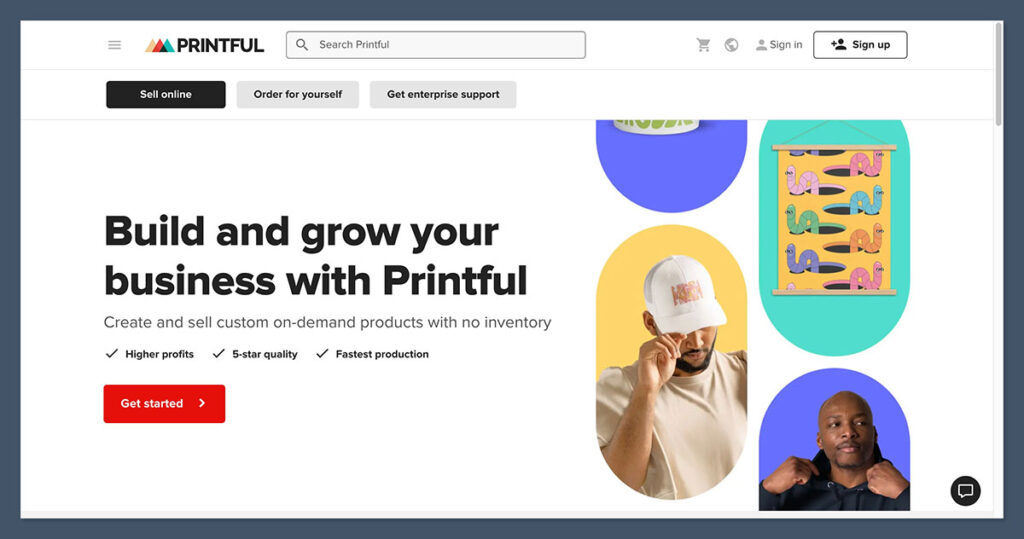
You’ll find:
- Budget-friendly basics (Gildan, Bella+Canvas)
- High availability and fast fulfilment
- Decent embroidery and DTG print quality
They’ve clearly optimised for volume and variety. If you’re running a niche store that sells printed tees, tote bags, or even home goods, Printful has nearly everything ready to go.
That makes it ideal for dropshippers, creators, or anyone launching fast.
I’ve personally used Printful for general ecommerce clients who need easy-to-launch products with broad appeal.
The quality is consistent, especially with basics like Bella+Canvas 3001 tees. For the price point, they’re hard to beat.
But don’t expect any stand-out finishes or premium fashion-level craftsmanship — it’s functional and clean, but not luxury.
Apliiq, on the other hand, is hyper-focused on apparel. Their catalogue feels curated for fashion brands, not mass-market sellers:
- Premium streetwear options (like Independent, AS Colour, Next Level)
- True cut-and-sew additions
- Focused quality on fewer SKUs
This makes a difference when you’re building a brand people actually wear and tag on Instagram.
Apliiq’s garments feel heavier, more substantial. The stitching looks intentional. Even the fabric options lean toward quality — not just cost-efficiency.
The prints look fantastic, especially on thicker cotton garments. Embroidery and patches really make each piece feel premium.
I’ve run side-by-side tests and customers consistently said the Apliiq garments “felt like something you’d buy in a retail store,” while Printful’s had more of a branded merch vibe.
That doesn’t mean Apliiq is right for everyone — their narrower product line means fewer options outside of apparel.
You won’t find mugs, posters, or all-over print leggings here. But if your brand is built around clothing first, it’s a strong fit.
| Product Category | Apliiq Focused? | Printful Focused? |
|---|---|---|
| Streetwear Hoodies | ✅ Yes | ⚠️ Some options |
| Accessories (Mugs) | ❌ No | ✅ Yes |
| Embroidery Detail | ✅ High Quality | ⚠️ Basic |
| Fashion Label Feel | ✅ Yes | ❌ No |
| Sportswear/Yoga | ❌ Limited | ✅ Yes |
Verdict: Depends on your niche
Apliiq wins for fashion-forward clothing brands who care about texture, stitching, and customisation.
Printful wins for general ecommerce, influencers, or product testers who need variety and speed.
3. Pricing Breakdown
Pricing gets tricky — it all depends on how deep you go with branding.
Printful keeps things simple. No monthly fees. You pay:
- Base product cost
- Printing fee (included in most items)
- Shipping fee
The only hidden cost is branding (e.g. inside labels can cost an extra $2.49 per item). But for most users, pricing is predictable.
You know what you’re getting and there’s little risk of unexpected charges unless you start layering on add-ons or advanced embroidery.
That’s what makes Printful great for beginners — especially those testing product ideas or launching general stores.
You don’t need to worry about minimums, monthly plans, or setup fees.
It’s a pay-as-you-sell model that fits with casual sellers or creators who don’t want the complexity of full-scale production costs.
Apliiq offers similar base pricing, but things change when you start adding:
- Custom labels
- Embroidery
- Sewn patches
- Fabric upgrades
Their pricing starts to make a lot more sense when you commit to branding and scale.
The more layers of personalisation you add, the more Apliiq feels like a made-to-order fashion house.
Naturally, that comes with added cost — but it also justifies higher retail prices.
You’ll also see some savings if you subscribe to their Brand Plans:
| Plan | Monthly Fee | Perks |
|---|---|---|
| Free | $0 | Basic access |
| $100 Brand Plan | $100/mo | Wholesale pricing, better margins |
| Custom Plan | Varies | Full-scale manufacturing access |
At first glance, the $100/month plan might seem steep. But in my experience, once you hit 50+ orders/month, Apliiq’s branding becomes cost-effective — and the perceived value of your garments goes way up.
You’re no longer selling a t-shirt. You’re selling a branded fashion piece, and your profit margins reflect that.
It’s also worth noting that Apliiq allows you to mark up far more aggressively. I’ve seen brands price Apliiq hoodies at $70–$90 retail because of the labels, embroidery, and patches.
That’s much harder to justify with a Printful hoodie, which feels more like premium merch than true retail fashion.
Here’s a quick breakdown of common pricing elements:
| Cost Item | Apliiq | Printful |
|---|---|---|
| Hoodie Base Price | $22–$28 | $22–$32 |
| Inside Label | $2.50 | $2.49 |
| Embroidery | $3–$5 | $3–$6 |
| Monthly Subscription | Optional | ❌ No |
| Discount on Bulk Orders | ✅ Yes | ✅ Yes |
Another key factor is long-term scale. Printful pricing stays mostly fixed regardless of volume.
That’s fine for casual sellers, but it doesn’t reward growth in the same way Apliiq’s structure does.
If you’re planning to build a serious brand with 100+ monthly orders, Apliiq’s wholesale rates and brand-building features end up giving you a stronger return on effort.
Verdict: Printful for simplicity, Apliiq for long-term margin
Printful is plug-and-play, no surprises. It’s ideal if you want to avoid complexity and just focus on getting products out the door.
Apliiq offers more control, more customisation, and better profit margins — but only if you’re aiming for branded clothing with higher markups and long-term growth.
4. Fulfilment & Shipping
Speed and reliability are make-or-break in ecommerce. I’ve tested both platforms on fulfilment time, shipping cost, and consistency — here’s what I found.
Printful is clearly built for scale. It has fulfilment centres across:
- United States (East + West Coast)
- Canada
- Europe (Spain, Latvia)
- Australia
This global reach means faster shipping, especially for international orders. Most Printful orders I placed were shipped in 2–5 business days, and customers in the US received their packages in under a week.
Apliiq is more boutique. They produce everything in-house in Los Angeles (and a secondary facility in Philadelphia for scaling).
Turnaround times are:
- 4–7 business days for standard DTG
- 7–14 business days for embroidery or branding-heavy orders
Shipping costs are similar across both — but Apliiq gets more expensive as you layer on custom touches.
| Fulfilment Feature | Printful | Apliiq |
|---|---|---|
| Average Fulfilment Time | 2–5 business days | 4–10 business days |
| Global Shipping Options | ✅ Yes | ⚠️ Limited (mostly US) |
| Expedited Fulfilment | ✅ Available | ❌ Not available |
| Branded Shipping | ✅ Yes (limited) | ✅ Yes (custom slips) |
🏁 Verdict: Printful wins on speed, Apliiq wins on quality control
If fast fulfilment is essential — go with Printful.
If your customer will wait for high-end streetwear — Apliiq handles every detail in-house with care.
5. Integrations & Store Setup
Getting started matters. I wanted to see which platform integrates faster, smoother, and more reliably with ecommerce platforms.
Printful has been in the game for a while, and it shows. You can connect to:
- Shopify
- Etsy
- WooCommerce
- Wix
- Squarespace
- Amazon
- BigCommerce
- eBay
Setup takes minutes. The dashboard is super intuitive, with bulk product uploads, built-in mockup generators, and a slick mobile app for managing orders.
Apliiq supports:
- Shopify
- Etsy
- WooCommerce
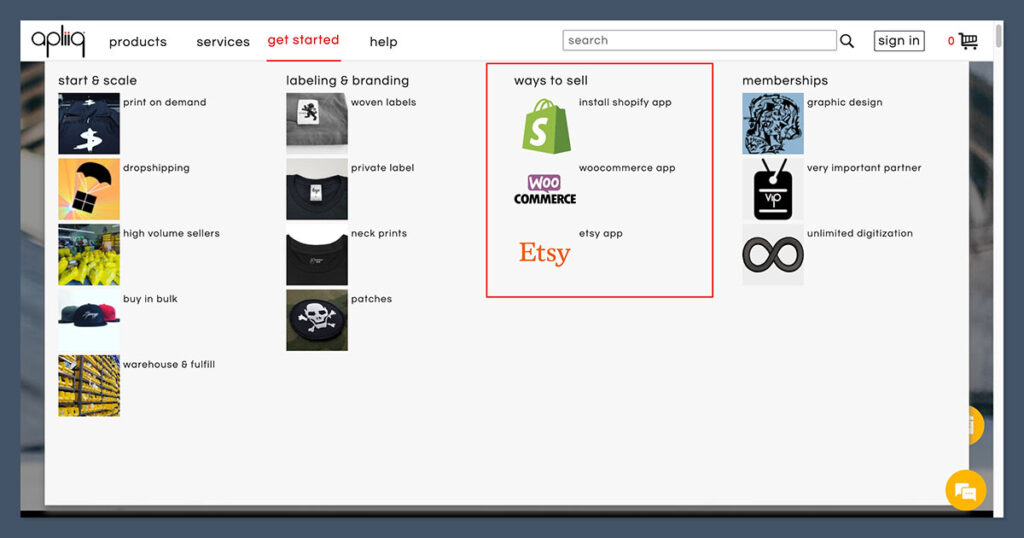
The integration works fine — but it’s not as seamless. I ran into delays syncing product mockups and had to manually adjust variants on Shopify.
One thing Apliiq does offer is more human onboarding. If you’re on a Brand Plan, you get 1:1 support on setup, product planning, and more.
| Feature | Printful | Apliiq |
|---|---|---|
| One-click Shopify setup | ✅ Yes | ✅ Yes |
| Amazon/Ebay integration | ✅ Yes | ❌ No |
| Built-in Mockup Generator | ✅ Yes | ✅ Yes |
| Manual Product Editing Needed | ❌ Rarely | ✅ Sometimes |
| Mobile App | ✅ Yes | ❌ No |
Verdict: Printful wins for plug-and-play ease
If you want to launch today, Printful makes it easy. Apliiq has a more manual feel — which might appeal if you want more control and consultation.
6. Profit Margins & Scalability
Margins matter. Especially when you start scaling up.
Printful has competitive base pricing and no minimums. It’s ideal if:
- You want to test many products
- You sell globally
- You’re not ready for bulk ordering
But as you scale, margins can shrink — especially with limited branding and less control over upselling.
Apliiq shines when you start moving volume. Once I hit 50–100 units/month, I saw major benefits:
- Wholesale pricing
- Better profit per unit
- More perceived product value
Branded garments also allow you to charge more — customers pay $50–$80 for streetwear hoodies with custom embroidery, even if base cost is $25–$30.
| Metric | Printful | Apliiq |
|---|---|---|
| Average Margin (Retail) | 20–35% | 40–60% (branded) |
| Subscription Required | ❌ No | ✅ Yes (for better pricing) |
| Bulk Pricing Tiers | ✅ Yes | ✅ Yes |
| Product Perceived Value | ⚠️ Average | ✅ Premium |
Verdict: Apliiq wins for margin-focused brands
If you want to sell $15 mugs or $20 tees — go Printful. If you’re going to position as a fashion brand — Apliiq supports better pricing and loyalty.
7. Marketing & Brand Story Tools
Let’s talk marketing.
Printful gives you solid tools — integrations with social platforms like Instagram, TikTok, Facebook, and Etsy.
It supports multichannel selling and dynamic mockups that help conversion.
But that’s where it stops.
Apliiq, though smaller, leans hard into brand storytelling. They position themselves as your brand’s behind-the-scenes partner. They even offer:
- Brand strategy consultations
- Fully private-labeled production
- Real fabric customisation
I found Apliiq better suited for direct-to-consumer brands that live on Instagram, where the brand story is everything.
| Marketing Tool | Printful | Apliiq |
|---|---|---|
| Multichannel Marketplace Sync | ✅ Yes | ⚠️ Shopify & Etsy |
| Social Media Ready Mockups | ✅ Yes | ✅ Yes |
| Custom Brand Narrative | ❌ Not supported | ✅ Fully available |
| Email Marketing Tools | ❌ Basic | ⚠️ External needed |
Verdict: Tie — depends on your business
Printful helps you plug into big platforms.
Apliiq helps you build a boutique brand. Choose based on your long-term marketing play.
8. Customer Support & Community
When something breaks — or when you’re just stuck — support is everything.
Printful offers:
- 24/7 email and chat
- Huge knowledge base
- Global support team
I rarely needed help, but when I did, they were responsive — though sometimes impersonal.
Apliiq offers:
- Email support
- Scheduled calls (especially on Brand Plans)
- Real human support in LA
- Video resources for setup and product tips
I actually spoke to a rep when planning a branded hoodie line. It felt like working with a partner — not a help desk.
| Support Type | Printful | Apliiq |
|---|---|---|
| 24/7 Chat/Email | ✅ Yes | ❌ Office hours only |
| Dedicated Rep | ❌ No | ✅ On Brand Plans |
| Phone Support | ❌ No | ✅ Yes (with plan) |
| Help Docs & Tutorials | ✅ Extensive | ✅ Growing library |
Verdict: Apliiq wins for personalised support
Printful is fast, automated, and global.
Apliiq offers more hands-on help if you’re building a real brand.
9. Transparency & Ownership
This part matters more than most think.
Printful is a large, automated system. It’s reliable — but you have less control. You don’t see who prints your stuff. You don’t know which warehouse handled it. It’s anonymous by design.
Apliiq runs like a boutique manufacturing partner. You can:
- Request real quality checks
- Know which LA facility is producing your product
- Add your own label or trim
- Handle returns via your brand (not Apliiq)
This is real ownership of your supply chain — which matters for long-term branding.
| Factor | Printful | Apliiq |
|---|---|---|
| Transparency of Process | ⚠️ Limited | ✅ Full view |
| Own Brand on Packaging | ⚠️ Minimal | ✅ Yes |
| End-to-End Brand Control | ❌ No | ✅ Yes |
Verdict: Apliiq wins for brand control
If you want to just sell shirts, Printful works.
If you want to own the whole vibe — from label to lookbook — Apliiq is the better choice.
10. Final Verdict: Printful or Apliiq?
Here’s how I’d break it down after running both platforms for ecommerce projects:
| Use Case | Best Platform |
|---|---|
| Quick launch, test ideas | Printful |
| Full fashion brand experience | Apliiq |
| Global reach & fast fulfilment | Printful |
| Premium streetwear store | Apliiq |
| Hands-off automation | Printful |
| Deep branding, private label | Apliiq |
If I were starting a general ecommerce POD store tomorrow, I’d use Printful.
If I were launching a premium hoodie or streetwear label, I’d build it with Apliiq.
You can always test both — but it depends on what kind of brand you want to build.
FAQs
Is Apliiq good for streetwear?
Yes, it’s one of the best in POD for private-label streetwear. You can add woven labels, embroidery, and even create full-cut pieces.
Does Printful offer private labeling?
Sort of. You can print inside labels and add packing slips, but it doesn’t offer full woven labels or trims like Apliiq.
Can I switch between the two?
Yes — just make sure you update SKUs, mockups, and fulfilment routing in your store’s backend.
Which has better profit margins Printful or Apliiq?
Apliiq — if you sell premium branded gear. Printful — if you’re selling volume on lower-priced goods.
Who’s faster with fulfilment Printful or Apliiq?
Printful. They have global warehouses and automation. Apliiq is slower but more hands-on.

